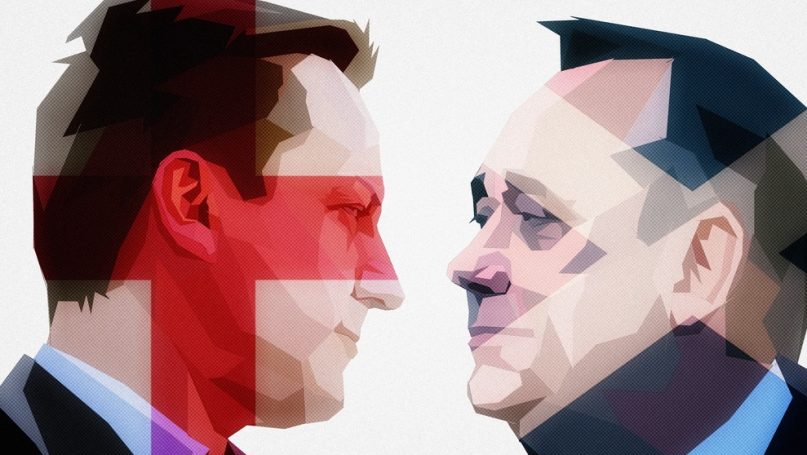
This is the second of two posts based on a round-table debate held at Bristol UWE on the future of the UK after the Scottish ‘No’ vote in the independence referendum of September 2014. The debate was chaired by Phil Cole and Stephen McGlinchey who addressed the issues from two positions – the domestic implications (Cole – here) and the international implications (McGlinchey – continues below). The debate was arranged as an expansion of Cole and McGlinchey’s article on Scottish independence published by The National Interest in the days after the No vote.
—
Independence is not coming to Scotland any time soon. Yet, the fact that a major part of the UK’s security apparatus, Scotland, has declared itself contrary to the UK’s National Security Strategy of 2010 is a challenge to the UK’s role internationally. The UK is only one of only 3 countries in the EU to hit the 2% GDP NATO target for defence spending. While this may drop in future years due to austerity cuts in the UK budget, it marks the importance of defence in the UK.
The Scottish National Party (SNP) voice a more pacifist stance on defence than is standard in Westminster. As part of their independence campaign they proposed to set up a limited Scottish defence force that would not be used in contentious conflicts (read US-led terror / regime change operations) but only for peacekeeping and humanitarian efforts.
By convincing 45% of the Scottish electorate that this case has merits (and not to forget that the SNP hold a majority in the Scottish Parliament), it not only aligns the SNP with a revisionist undercurrent towards the UK’s international role in the wider British population, it also calls into question the stature of the UK in security matters.
Consider the UK’s role in international politics as the ‘second power’ / ‘coalition partner of choice’ of the USA in the post Cold War era. This is seen in the UK’s roles in the Global War on Terror, Libya, and the war against ISIS. It can even be rolled further back to the interventions in the former Yugoslavia in the 1990s.
The UK’s structural alliance with the US extends to nuclear strategy, intelligence and beyond. As a consequence it gives the UK a leg up on comparable powers and contributes to the view in Westminster that the UK is more than a ‘middle power’. This ‘special relationship’ with the USA can be seen as having arrested the steady decline of the UK throughout the Cold War as it gradually retreated from being a global power in the 1940s into becoming an economically challenged ‘regular’ state by the 1970s.
To add further fuel to this fire, The SNP declared an intention to banish Trident – the UK’s nuclear deterrent. Trident is integral to the UK’s role in NATO and a direct strategic bridge to the USA who provide the system to the UK. As Trident is based in Scotland, relocating it south would also cost billions should the post-referendum bargaining process require such a gesture.
On the subject of major change, and as a final thought, the security/defence situation may be only one of twin problems for the UK’s international standing as a result of the independence debate. Due to the nature of Westminster politics and the ever-growing euroscepticism of the Conservative Party (and the new challenge of UKIP) we may be looking at a fractured, devolved, UK – outside the EU in the years to come should an upcoming in/out EU referendum have an ‘out’ result in 2017.
So, let no one be in any doubt why the UK’s major parties do not want the kind of security or defence posture that has been discussed in Scotland, or why President Obama pleaded for the UK to remain united, and inside the EU.
Further Reading on E-International Relations
- Opinion – Sturgeon’s Departure and the Conundrum of Scottish Independence
- Opinion – Scottish Foreign Policy in the Brexit Era
- Opinion – Scotland: Host of COP26 but Divided on Its Role in the World
- Opinion – Brexit and Its Many Identities in the UK
- Brexit Endgame: The 2019 UK Election
- Revitalizing the Commonwealth Framework: A Political Tool for Australia and the UK?